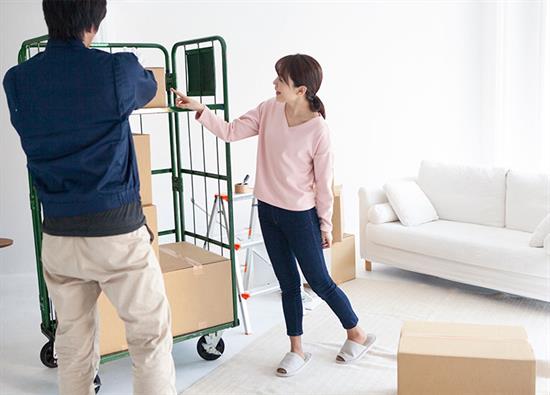Blog
Brexit and Its Impact on Household Goods Moves
*This is an update from a blog that was originally posted on December 1st, 2020.
Awareness and Mitigation Now That the UK has Left the EU
Now that the United Kingdom (UK) has left the European Union (EU), stakeholders of global companies are adapting to how the country’s future relationship with the EU is will impact day-to-day business functions related to mobility. How, specifically, is Brexit impacting household goods (HHG) moves? This blog post will address suggestions and provide resource links to help organizations minimize potential complications.
Brexit: Considerations for HHG Moves
Effective January 1, 2020, the European Union and the United Kingdom reached an agreement regarding Brexit and enacted The Trade and Cooperation Agreement. The agreement will have many implications for businesses, including changes in the way HHG moves are executed. To be aware of and compliant with these changes, we offer the following recommendations:
Follow the Transfer of Residence (TOR) Process –
As the tax authorities in the UK, HM Revenue and Customs (HMRC) has advised SIRVA that organizations should follow the TOR process for UK-bound HHG shipments from all countries, including those in the EU. The employee must submit a report to HMRC (available from the link provided above and within this section) to request clearance to import; if approved, the shipment may not be subject to taxes. The process is expected to take three to five weeks. In all cases, SIRVA recommends initiating shipments only after the TOR process has been cleared to avoid shipments being subject to taxes.
 Packing –
Packing –
SIRVA always recommends that the employee or another reliable family member be present during both the packing and loading of their HHGs. Doing so minimizes employee stress, ensures the successful completion of each phase, and greatly increases the likelihood of a successful move and assignment. If packing has been delayed due to the processing time of the TOR and the employee has necessarily travelled ahead to his/her destination, stakeholders should be aware that the employee may need to return home to supervise the packing of his/her household goods at a later date. This could result in additional travel, hotel, and subsistence costs.
Pets –
Brexit has resulted in a new process for moving pets from Great Britain (England, Scotland, and Wales) to an EU country (and, also, Northern Ireland). For the most up-to-date information, visit UK.gov’s web page, specific to taking your pet dog, cat or ferret abroad.
What’s next?Conditions and processes surrounding Brexit are expected to be fluid, impacting multiple areas of mobility until they are solidified. To minimize complications, companies should collaborate closely with their mobility providers. Relocation management companies have systems and networks in place to streamline standard moving processes and the expertise and experience needed to find innovative solutions when those processes are interrupted by world events. At a minimum, organizations should explore whether shipments can be arranged to avoid the immediate pre- and post-Brexit period. At every stage of Brexit, SIRVA is prepared to assist with all aspects of mobility, including the movement of household goods into or out of the UK. Please contact us at concierge@sirva.com for more information. |
Resource Summary
- Following the Transfer of Residence (TOR) process: https://www.gov.uk/government/publications/application-for-transfer-of-residence-tor-relief-tor01
- Moving Pets from Great Britain (England, Scotland, and Wales) to an EU country/Northern Ireland: https://www.gov.uk/taking-your-pet-abroad/travelling-to-an-eu-country-or-northern-ireland
Contributors
Lisa Marie DeSanto, Content Marketing Manager
Richard Thurston, Global Account Director
For more information please see SIRVA's Blog Disclaimer.

